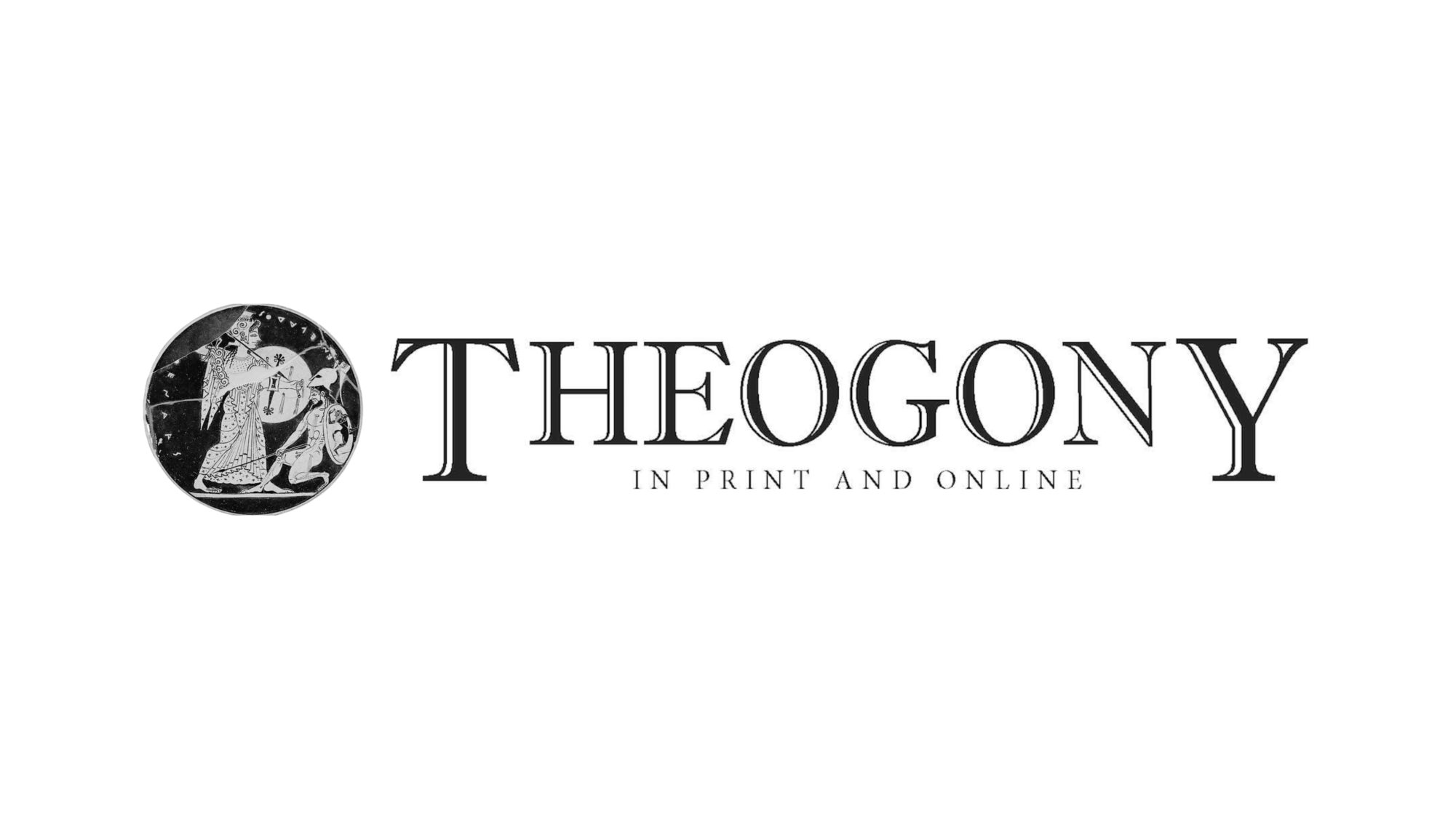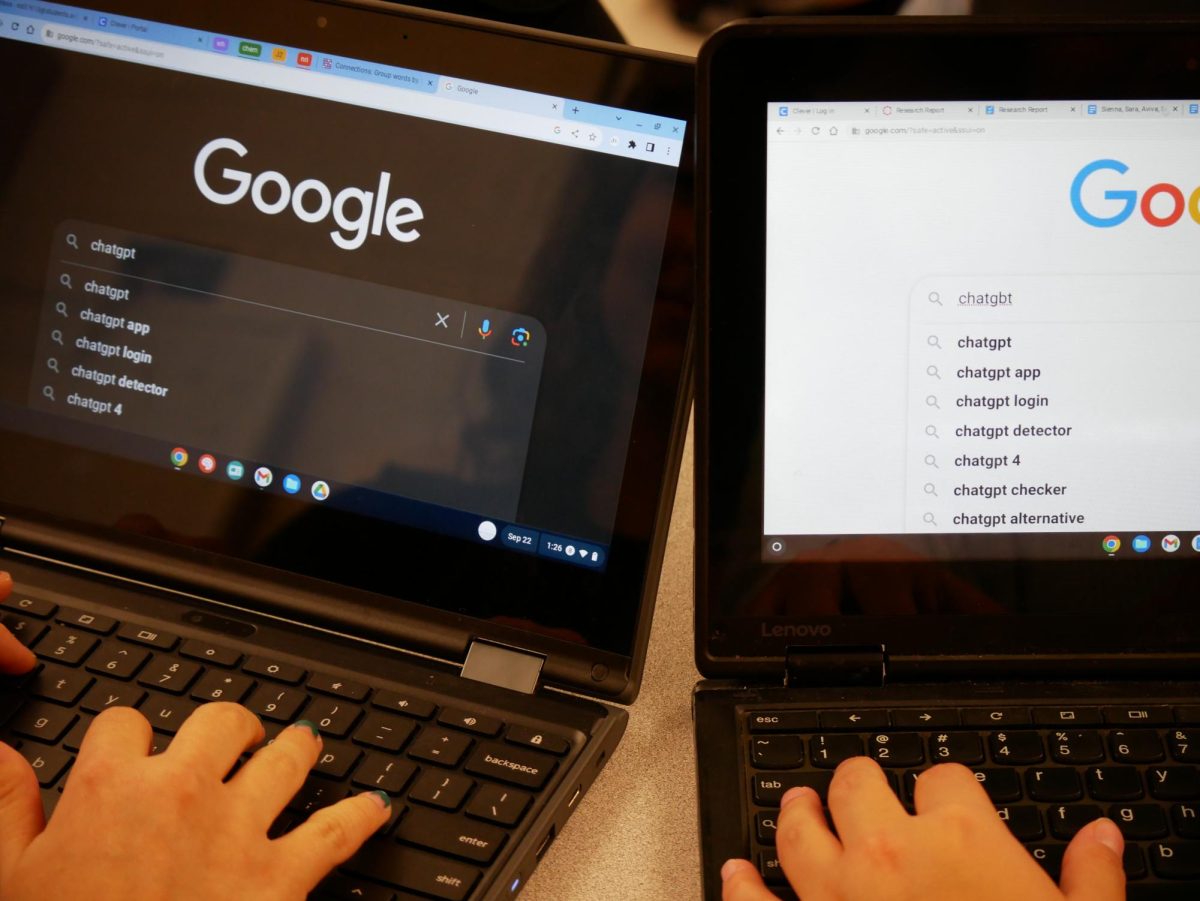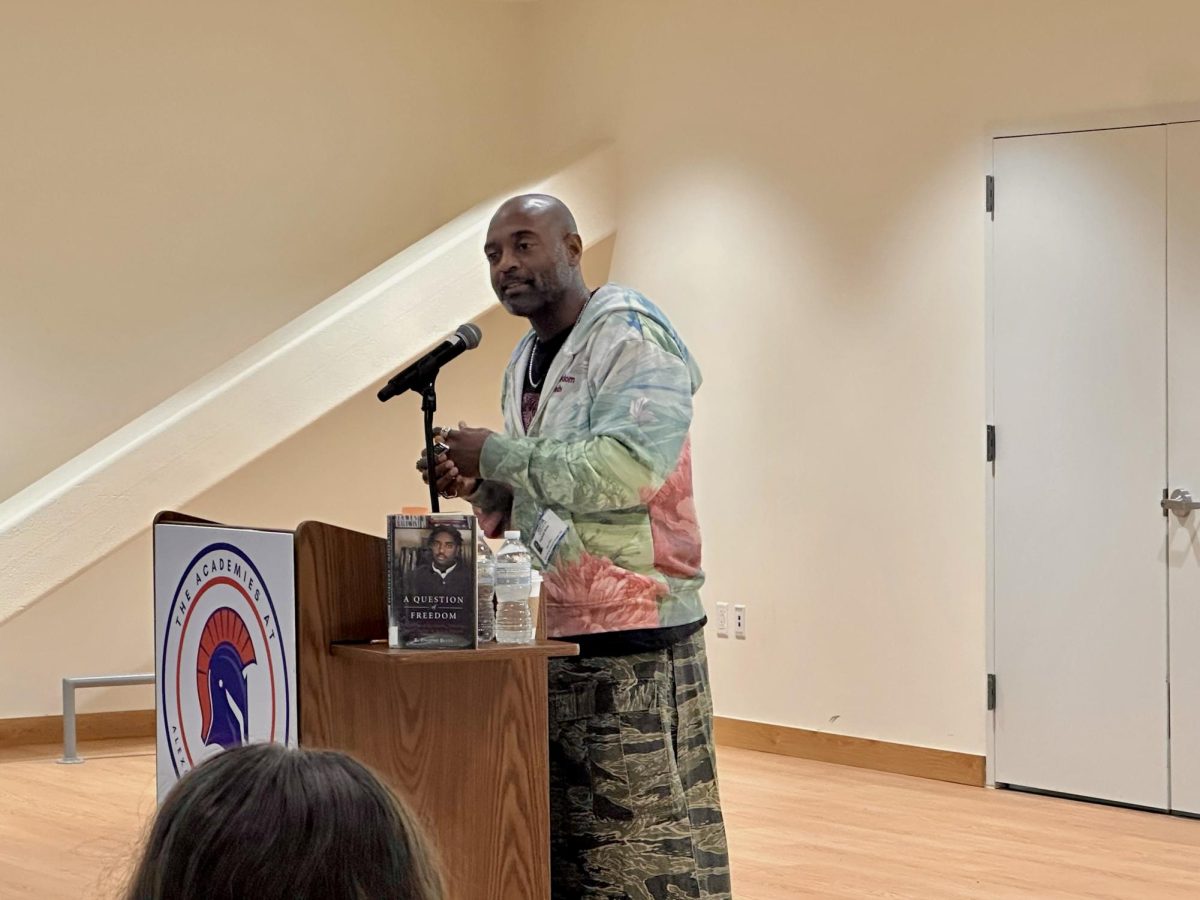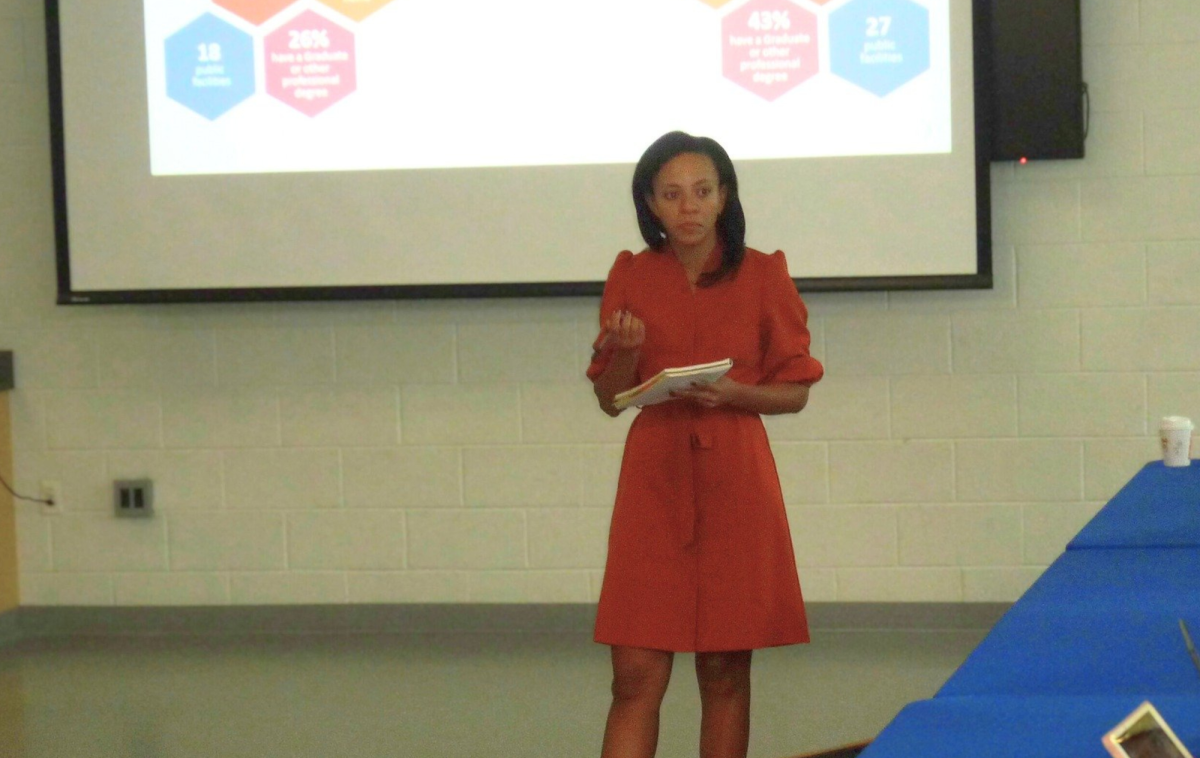Since the dawn of homework, students have used shortcuts. They’ve exploited Google Translate to complete a Spanish worksheet, cut corners by using Desmos on a tedious math problem and skimmed SparkNotes when they forgot to read a chapter or two for English class. All of these examples are somewhat harmless ways students have utilized technology to make school easier. Now, ChatGPT, a new form of advanced technology powered by Artificial Intelligence (AI), is taking students by storm. It’s become an extremely controversial topic not only in school systems, but around the globe. Some think ChatGPT could be utilized to benefit and optimize the learning process, while others think it is a threat to the education system. Is the software a helpful tool or a ticking bomb?
Artificial Intelligence has been around since the 1950s, when AI went from theory to reality as a program that could independently play checkers. As computers became more advanced and less expensive, Artificial Intelligence research flourished. In 1968, researchers already projected that by the 2000s, machinery will have been invented that matched or exceeded human intelligence.
AI’s relevance has rocketed in the past year with the introduction of ChatGPT, a language-based software program that uses highly advanced algorithms to generate answers to user-written prompts. Within five days of its release in November 2022, ChatGPT amassed millions of users. Today, OpenAI, ChatGPT’s creator, says it has more than 100 million users and receives an excess of a billion monthly visits.
To find out how much this new technology has penetrated ACHS, Theogony conducted an informal (and anonymous) survey of the student body. The majority of surveyed students reported they had used ChatGPT at least once.
“It’s convenient,” an ACHS student said on the survey. “When there’s an assignment that I feel like is just busy work . . . I just use ChatGPT to get it done and leave time for my important assignments.”
Nevertheless, not all uses of ChatGPT are as tame. Numerous students responded to the same survey saying that they had used Chat GPT to write an essay at least once.
It’s safe to say that many teachers aren’t thrilled with ChatGPT’s arrival. Matthew Zahn, an AP Literature teacher, argues that ChatGPT prevents students from achieving the crucial skill of basic writing and promotes generic and “bland” writing.
“I’ve read lots of things that have been produced by ChatGPT, but they all lack this sense of voice. None of them are… fun,” Zahn said. “Really good student writing is often done when the student is enjoying the task. You can tell when a student has enjoyed the task, and there’s none of that joy in ChatGPT.”
Students made similar statements on the survey. One anonymous responder wrote, “I hate ChatGPT and AI. It ruins what artists and writers have built up their skills for and replaces it with cheap, stolen work.”
Other students believed that the cultivation of AI will only continue, and society must learn to adapt to and apply those advancements in schools, rather than to run from them.
“I don’t think AI should be completely written off,” one student wrote, “but that it should be taught . . . how to handle it responsibly in schools.”
The student continued, “AI could be taught [in] schools like calculators, making sure that students know how to use it responsibly, and [schools should ensure students are] not using it as a crutch whenever they are out of the classroom.”
This idea has also been brought up among teachers in a presentation made by ACPS Online Learning Director Izora Everson and K-12 Literacy Team Coordinator Kimberly Schell titled “Unleashing The Power of AI in Learning Environments.” The Powerpoint discussed how teachers can encourage positive student use of ChatGPT and even convenient ways teachers can use the chatbot themselves.
Many think ChatGPT is foolproof, but that is not necessarily true. ChatGPT has access to any information on the internet — including false and biased information available on countless websites and posts. One ACHS senior can attest to Chat GPT’s unreliability after falling victim to its defects. The student was assigned a book on Jefferson Davis, the infamous former president of the Confederacy, and told to write an essay about him.
“So I ended up writing to ChatGPT, ‘tell me first about the book and then tell me about Jefferson Davis’,” the student said. The student only skimmed ChatGPT’s response before submitting the essay to his teacher. The student later realized, after a concerned response from his teacher, that the AI-generated essay was based on biased sources and painted Jefferson Davis in a positive light, describing him as a hero and great American. “I read it afterwards, and I [was] like, ‘Oh s***, this is really bad’.”
If ChatGPT can’t tell the difference between racist bias and historical accounts, what else can’t it distinguish? What happens when people entrust it with their medical information or let it write their emails? Can users afford mess ups when their personal information and judgment is on the line?
According to the survey, ACHS students are almost equally divided on whether AI and ChatGPT should be integrated or tolerated in the classroom or banned altogether. The debate will likely be long-standing, but it is clear that this generation of students faces the challenge of balancing both the promise and the peril of AI technology.
As students find their way forward, Zahn offers an important thought to bear in mind.
“How do we warn people off of it or devalue it? By valuing your individual voice. As a culture, we’re pretty high on creativity and originality, and those are maybe some things we have in our favor. Using [ChatGPT] is essentially being fake.”









